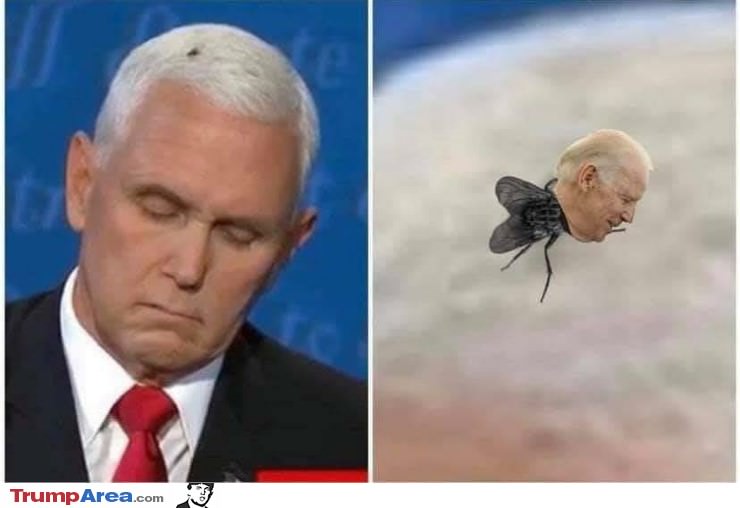Have you ever caught yourself or someone else sniffing hair? Yeah, it sounds weird, but hair sniffing is more common than you think, and it’s not just about creepy habits. Hair sniffing can be linked to psychological, social, and even biological factors that make this behavior intriguing. Whether it’s your own hair or someone else’s, let’s dive deep into why people sniff hair and what it means.
Hair sniffing might sound like something out of a quirky movie, but it’s a real thing. People do it for various reasons, from comfort to curiosity. In this article, we’ll explore the science behind this habit, its psychological implications, and whether it’s something to worry about—or maybe even embrace.
So, if you’ve ever wondered why you can’t stop sniffing your partner’s hair or why your friend keeps smelling their own locks, you’re in the right place. Let’s unpack the world of hair sniffing and see what it says about human behavior.
What Exactly is Hair Sniffing?
Hair sniffing refers to the act of smelling someone’s hair, either consciously or unconsciously. It’s a behavior that has puzzled psychologists, biologists, and even everyday people. While it might seem odd, hair sniffing is often rooted in deeper motivations than just curiosity. For instance, some people sniff hair because they find the scent comforting, while others might do it out of attraction or habit.
Interestingly, hair sniffing isn’t always about the hair itself. The scent of hair can carry personal information, such as a person’s unique pheromones, hygiene habits, or even emotional state. This makes hair sniffing more than just a quirky habit—it’s a way for humans to gather subtle cues about each other.
Why Do People Sniff Hair?
There are several reasons why people sniff hair, and it’s not always about being nosy. Here are some of the most common motivations behind this behavior:
- Comfort: Hair often carries familiar scents, such as shampoo, conditioner, or even natural body odor. For some people, sniffing hair can evoke feelings of comfort or nostalgia.
- Attraction: Humans are naturally drawn to pheromones, which are chemicals released by the body that can influence attraction. Hair is a great carrier of these pheromones, making it a tempting target for sniffing.
- Habit: Some people sniff hair out of habit, often without even realizing it. This can be a subconscious way to relieve stress or anxiety.
- Curiosity: Let’s face it—sometimes we just want to know what someone’s hair smells like. Whether it’s a new shampoo or a unique fragrance, curiosity can drive people to sniff hair.
Is Hair Sniffing Normal?
Yes, hair sniffing is completely normal. While it might seem strange to some, it’s a behavior that many people engage in, often without thinking about it. In fact, hair sniffing can be a sign of emotional connection or curiosity, which are both natural human traits.
However, if hair sniffing becomes excessive or starts to interfere with daily life, it might be worth exploring further. For example, if someone sniffs hair compulsively or feels unable to stop, it could be a sign of an underlying issue, such as anxiety or obsessive-compulsive disorder (OCD).
When Does Hair Sniffing Become a Problem?
Hair sniffing is usually harmless, but it can become problematic if it starts to affect relationships or daily activities. For instance:
- If someone feels embarrassed or ashamed of their habit and avoids social situations as a result.
- If hair sniffing becomes compulsive and interferes with work, school, or personal life.
- If the behavior causes distress or discomfort for others involved.
In such cases, it might be helpful to consult a mental health professional to address any underlying issues.
The Science Behind Hair Sniffing
So, why do people sniff hair? The answer lies in biology and psychology. Hair carries a wealth of information about a person, from their hygiene habits to their emotional state. Here’s how science explains the phenomenon:
1. Pheromones: The Invisible Attractors
Pheromones are chemicals released by the body that can influence behavior and emotions. Hair is a great carrier of pheromones, which is why sniffing hair can be so appealing. Studies have shown that pheromones can play a role in attraction, bonding, and even stress relief.
2. Familiar Scents: A Source of Comfort
Familiar scents, such as those from a partner’s hair or a childhood shampoo, can evoke feelings of comfort and nostalgia. This is because the brain associates certain smells with positive memories or emotions, making them comforting to sniff.
3. Social Cues: Reading Between the Lines
Hair can also carry social cues, such as hygiene habits or emotional states. For example, a person who smells strongly of sweat might be perceived as stressed or anxious, while someone with a fresh, clean scent might be seen as more approachable.
Psychological Implications of Hair Sniffing
Hair sniffing isn’t just about biology—it’s also tied to psychology. Here are some of the psychological factors that might influence this behavior:
- Attachment: Hair sniffing can be a way to form or strengthen emotional bonds with others. For example, couples often sniff each other’s hair as a way to feel closer.
- Stress Relief: Some people sniff hair as a way to relieve stress or anxiety. The act of sniffing can be soothing and grounding, helping to calm the mind.
- Curiosity: Humans are naturally curious creatures, and hair sniffing can be a way to explore the world around us. Whether it’s a new scent or an unfamiliar texture, curiosity can drive people to sniff hair.
How to Deal with Hair Sniffing
If you or someone you know struggles with hair sniffing, here are some tips to help manage the habit:
- Be Mindful: Pay attention to when and why you sniff hair. Understanding the triggers can help you address the behavior.
- Find Alternatives: If hair sniffing is a way to relieve stress, try finding other calming activities, such as deep breathing or meditation.
- Communicate: If hair sniffing is affecting your relationships, talk to the people involved and explain your feelings. Open communication can help resolve misunderstandings.
Is Hair Sniffing Linked to Other Habits?
Hair sniffing might be linked to other habits, such as hair pulling (trichotillomania) or nail biting. These behaviors often stem from similar psychological factors, such as stress, anxiety, or compulsive tendencies. If you notice that hair sniffing is part of a larger pattern of behaviors, it might be worth exploring further with a mental health professional.
Trichotillomania: A Closer Look
Trichotillomania is a condition characterized by the compulsive urge to pull out hair. While it’s not directly related to hair sniffing, the two behaviors can coexist in some individuals. Both habits might be driven by similar factors, such as stress or anxiety, making them worth exploring together.
Conclusion: Embrace the Quirkiness
Hair sniffing might seem like an odd habit, but it’s actually a fascinating glimpse into human behavior. From biology to psychology, there’s a lot to unpack about why people sniff hair and what it means. So, the next time you catch yourself or someone else sniffing hair, don’t panic—just embrace the quirkiness!
If you found this article helpful, feel free to share it with your friends or leave a comment below. And if you’re curious about other quirky habits, check out our other articles on the site. Happy sniffing!
Table of Contents
- What Exactly is Hair Sniffing?
- Why Do People Sniff Hair?
- Is Hair Sniffing Normal?
- When Does Hair Sniffing Become a Problem?
- The Science Behind Hair Sniffing
- Psychological Implications of Hair Sniffing
- How to Deal with Hair Sniffing
- Is Hair Sniffing Linked to Other Habits?
- Trichotillomania: A Closer Look
- Conclusion: Embrace the Quirkiness
Source: Psychology Today, Mayo Clinic, National Institute of Mental Health


